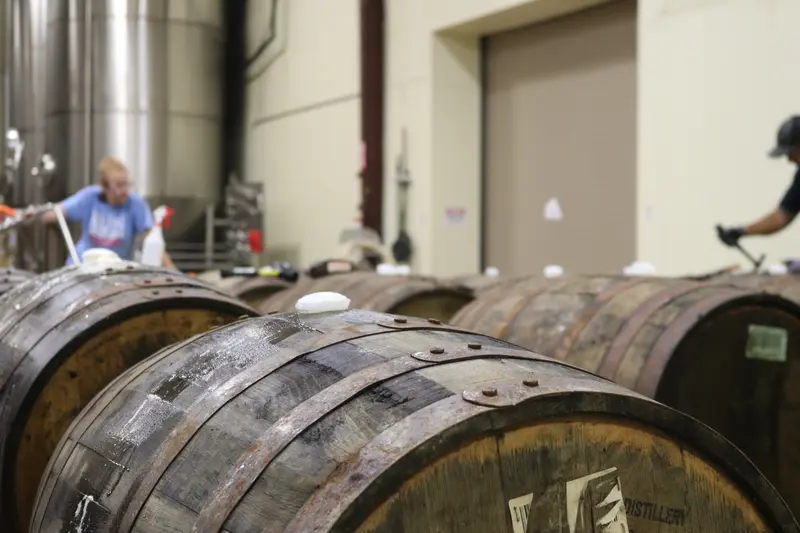Perhaps it’s not surprising that it was Scottish scientists who took on the task of reworking a byproduct from production. whiskey on the fuel of the future.
By the way, this is not the first technology of its kind that was born on this land. Previously, other teams of local researchers had also proposed ways to effectively utilize the waste from distilleries that produce the popular national drink.
This time, the university team developed a breakthrough using wastewater from distilleries to produce green hydrogen. Unlike non-eco-friendly fuels, it does not emit carbon when burned, the publication reported. Independent .
Green hydrogen is typically produced using fresh water in a process that, according to experts, consumes about 20.5 billion liters of fresh water per year. Researchers hope that the method they have developed will allow for the use of about one billion liters of wastewater generated during production instead. whiskey .

Dr. Sudhagar Pitchaimuthu, a materials scientist at the School of Engineering and Physical Sciences at Heriot-Watt University, explained: “To produce each kilogram of green hydrogen, nine kilograms of water are needed. Meanwhile, every liter of produced malt whisky generates about 10 liters of residue.”
According to the scientist, to protect the planet, it is necessary to reduce the use of freshwater and other resources. natural resources In particular, focus on using wastewater from distilleries for the production of eco-friendly hydrogen.
Dr. Pitchaimuthu and his colleagues have developed a nanoscale material that will allow wastewater from distilleries to replace freshwater in the process of producing green hydrogen.
“About one billion liters of wastewater are produced annually in the distillation industry, so the potential of this process is enormous,” noted Dr. Pitchaimuthu. According to him, the research clearly demonstrates how global resources can be used efficiently to produce clean energy.
The next step for the research team will be to develop their own electrolyzer prototype. The scientists will also conduct a deeper analysis of the wastewater from distilleries to determine if other valuable materials can be extracted from it.
The results of the research were published by the Royal Society of Chemistry journal Sustainable Energy & Fuels.
